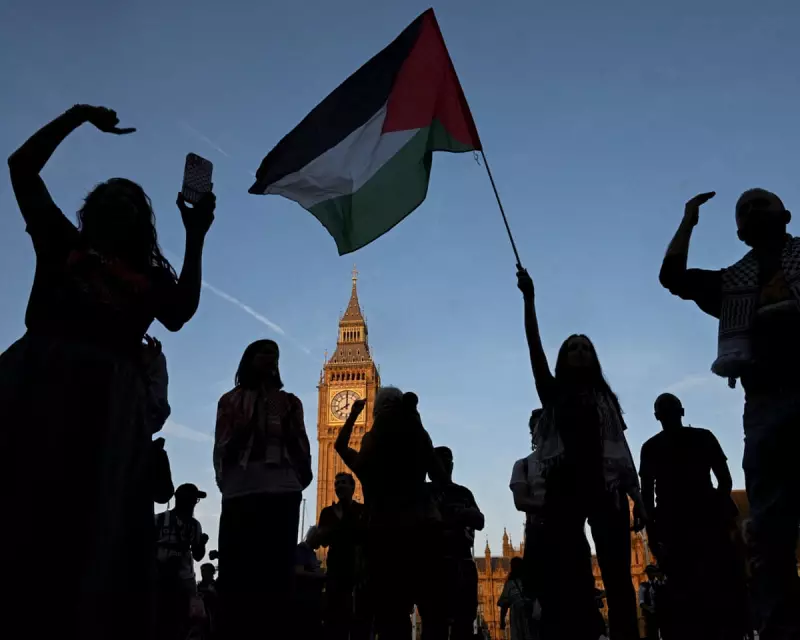
The Metropolitan Police has launched a controversial pre-emptive operation, arresting multiple activists from the groups Palestine Action and Defend Our Juries. The move was designed to thwart a planned protest scheduled for this week, raising serious concerns about the state of protest rights in the UK.
Among those detained is a solicitor, whose arrest has sent shockwaves through legal circles and raised questions about the intimidation of legal professionals. The police action, which included early-morning raids, was justified under the claim of preventing a potential "breach of the peace."
A Preventative Strike or an Attack on Democracy?
Authorities stated the planned demonstration was intended to disrupt operations at a specific undisclosed location. By making these arrests, the Met argues it has lawfully averted significant disruption and potential damage. However, this preventative strategy is being fiercely criticised by civil liberty organisations.
Reprieve, a prominent human rights advocacy group, has condemned the arrests as a "deeply alarming" escalation. They argue that pre-emptively detaining individuals for a protest that had not yet occurred represents a dangerous erosion of fundamental democratic principles.
The Chilling Effect on Legal Advocacy
The involvement of a solicitor in the arrests adds a particularly disturbing dimension to the event. This action is perceived by many as a direct challenge to the legal system itself, potentially creating a chilling effect on lawyers who represent activists and controversial causes.
This incident is not isolated. It follows a pattern of increasingly robust police tactics against environmental and anti-arm trade protest groups across Britain. The use of pre-emptive powers has become a focal point for debate, balancing crime prevention against the right to peaceful assembly.
As the detained individuals are processed and potentially charged, the fallout from this operation continues to grow. It underscores a tense national conversation about where the line should be drawn between maintaining public order and protecting the cherished right to protest.





